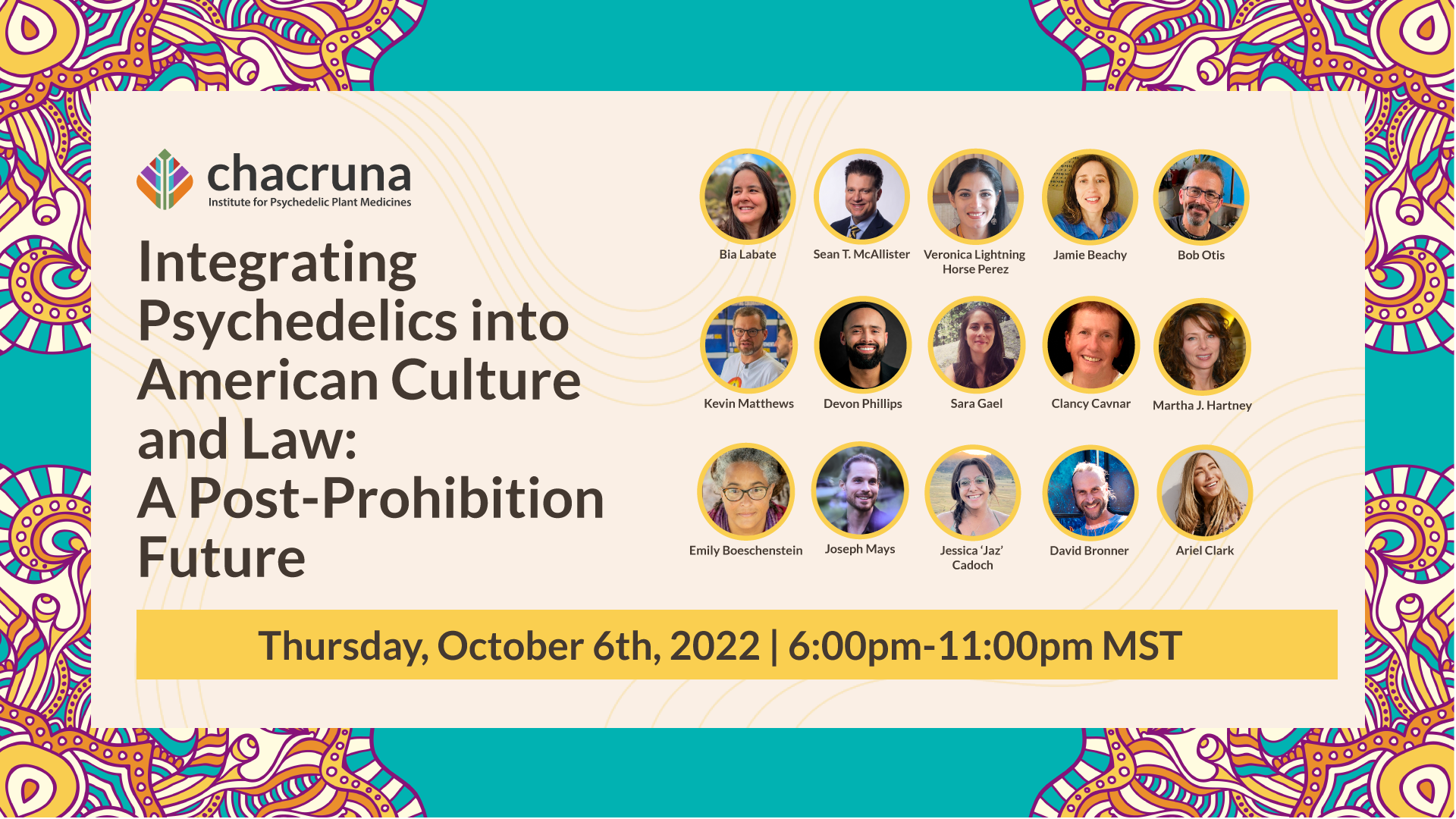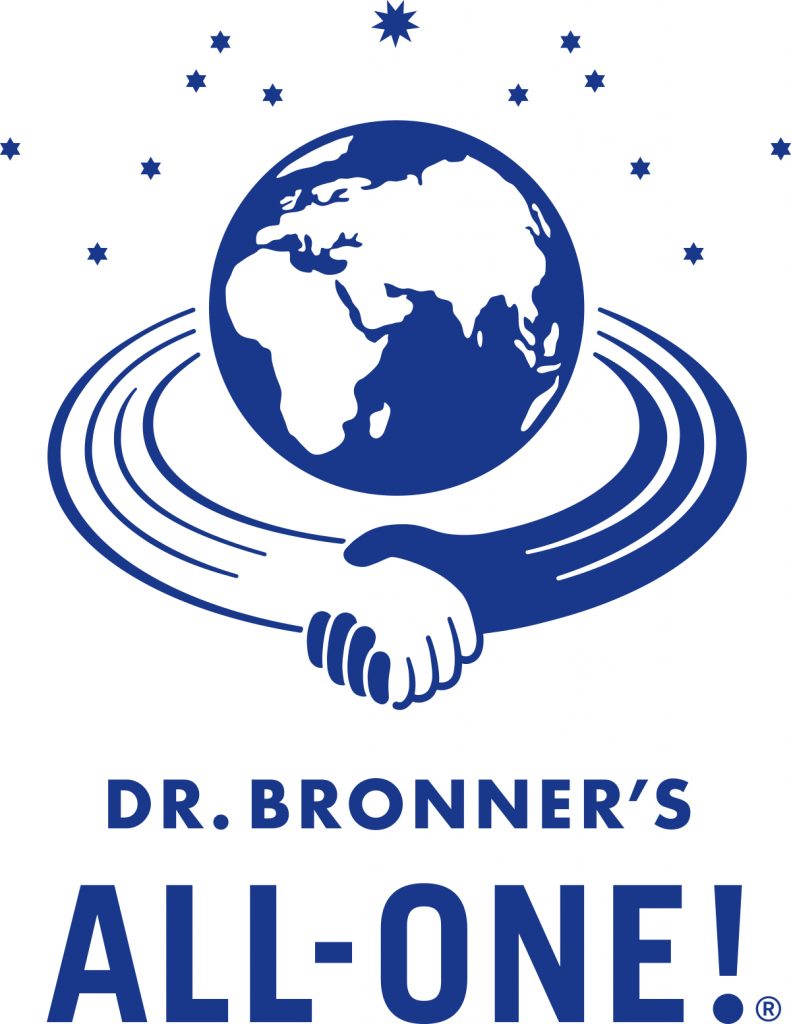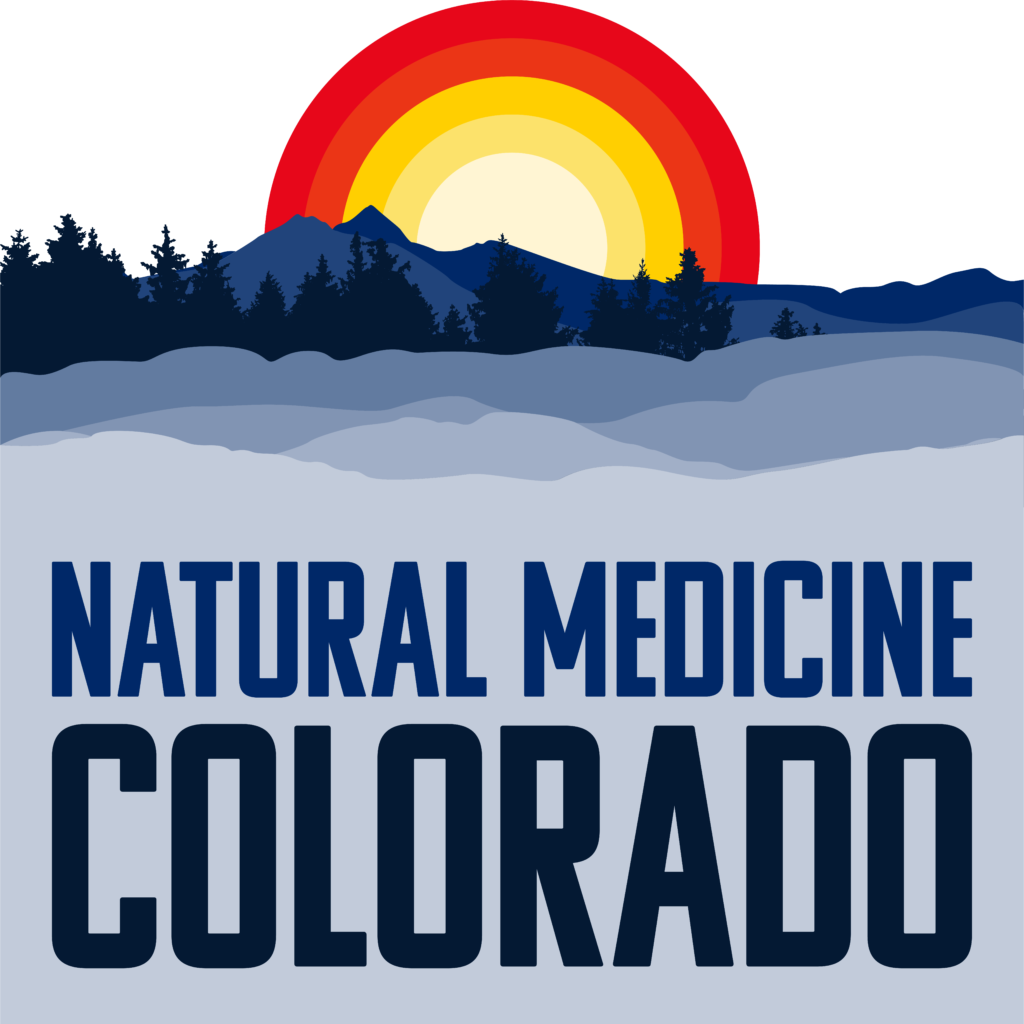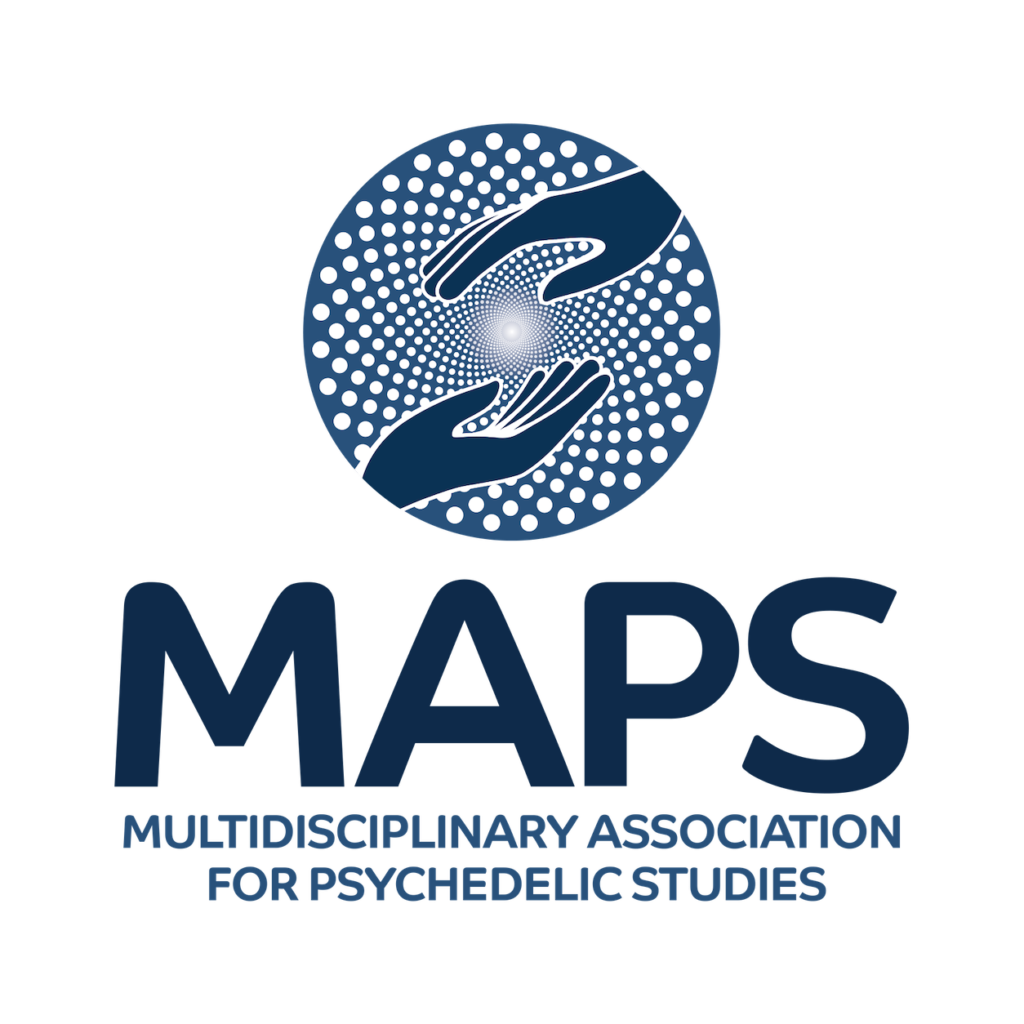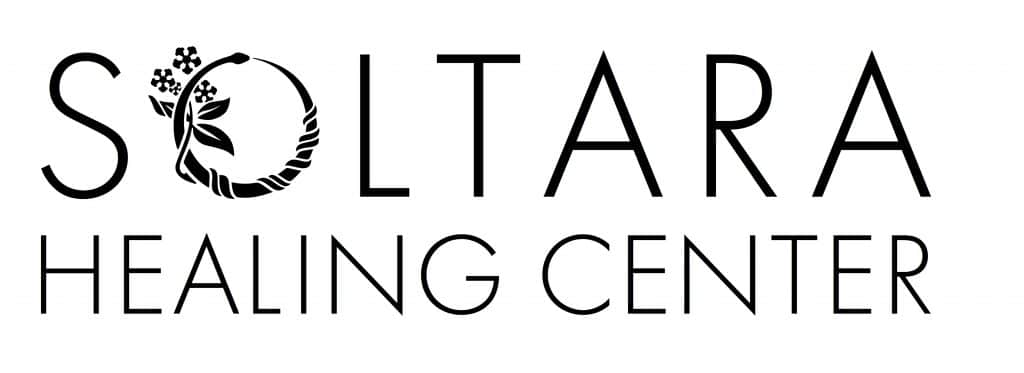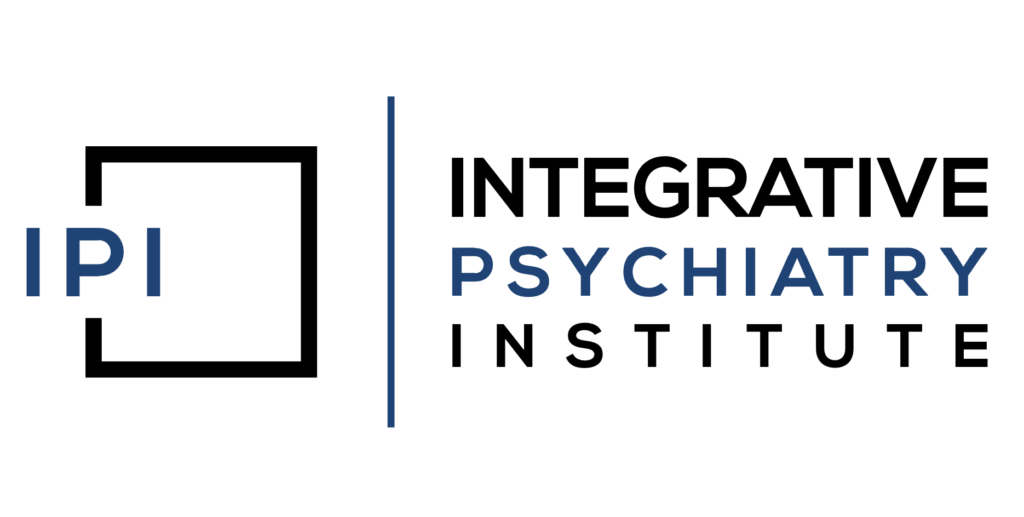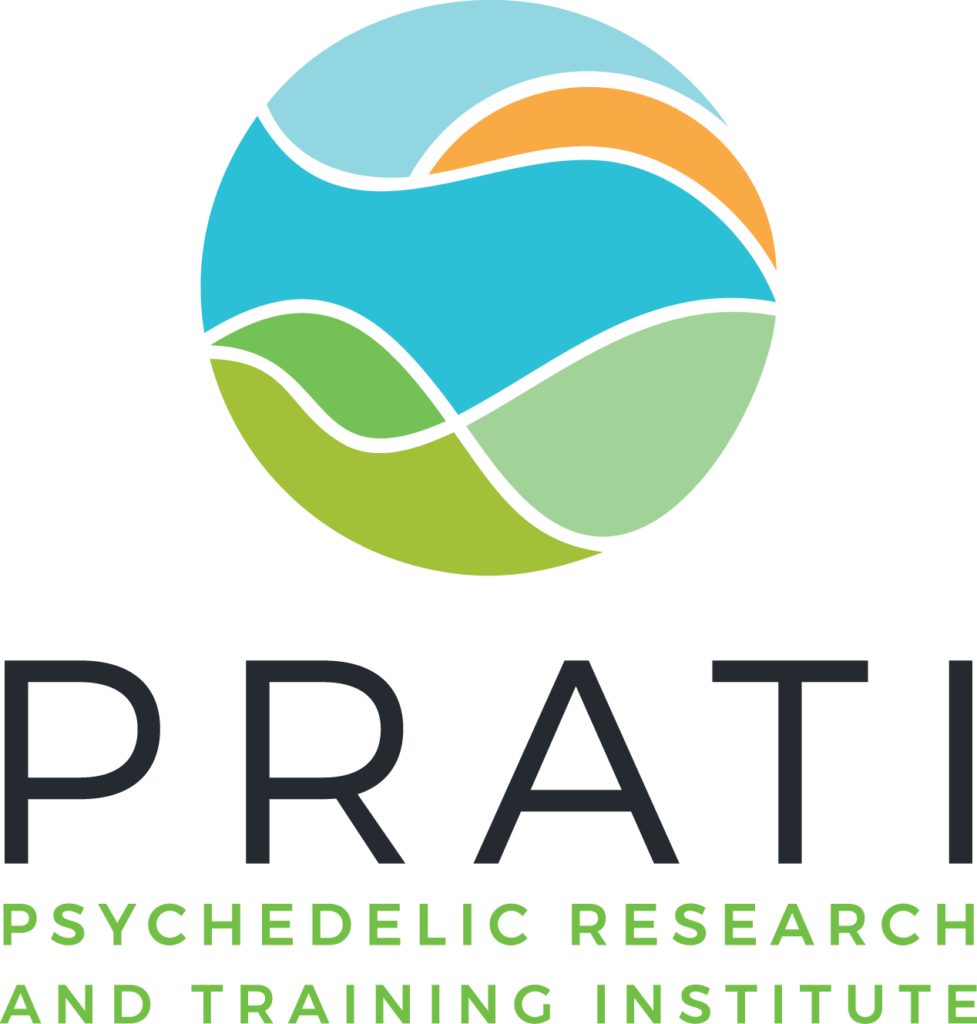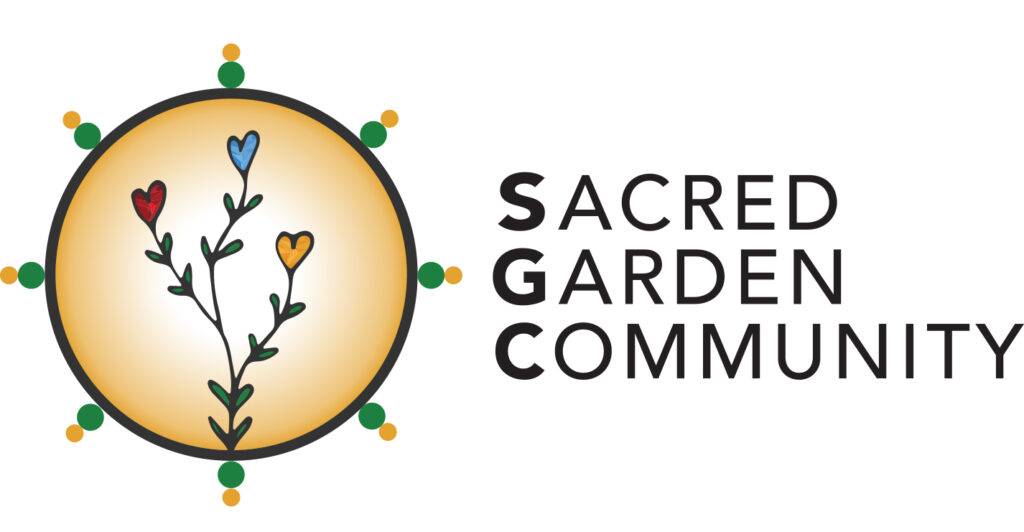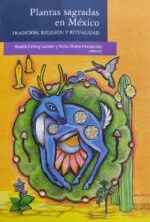- Press Release – Chacruna Receives $150,000 Grant from Kindred Trust - June 10, 2025
- Events Production Internship (OPEN) - June 10, 2025
- Course: Roots of Psychedelic Therapy: Shamanism, Ritual and Traditional Uses of Sacred Plants - June 6, 2025
Thursday, October 6th, 2022 from 6:00pm-11:00pm MST
Mercury Caffe
2199 California St.
Denver, CO.
Register here.
Tickets: Sliding scale 25-75
Scholarships Available. Apply Here.
The Natural Medicine Health Act (NMHA) is designed to create regulated access to natural psychedelic medicines for people struggling with PTSD, terminal illness, depression, anxiety, and other mental health challenges. Adults 21 and older will be able to access psychedelic medicines under the guidance of a licensed facilitator at designated and licensed healing centers, in the comfort of their own home, and at approved health care locations like palliative care and addiction treatment centers. Initially, the measure will create regulated therapeutic access to psilocybin. Beginning in June 2026, the Colorado Department of Regulatory Agencies (DORA) could expand the policy change to include three other natural medicines – DMT, ibogaine, and mescaline (excluding peyote). This two-tiered approach is designed to allow time to develop appropriate safety and regulatory structures for psilocybin as well as any further natural medicines.
The Natural Medicine Health Act also removes criminal penalties for the personal use, possession, and sharing of natural medicines for adults over 21 years old. Individuals with a criminal record related to natural medicines would be able to petition the courts to seal their record at no cost to them.
These are exciting developments with the potential to impact future policy reform in the United States and globally. However, if this legislation is approved, many questions remain up in the air, such as:
- Who should be permitted to facilitate psychedelic therapy and who should be excluded?
- Who should determine how access is regulated?
- How will spiritual groups, community-based circles, cooperatives and the legacy community be protected?
- What risks are there for corporate interests (both in clinics and training) to monopolize the regulated access model?
- How can we support community-centered care?
- What markers of success should determine how and when the NMHA should expand to include more natural medicines?
- How can we co-create a healthy psychedelic community?
- What kind of education programs should we develop and how can we fund them?
- What are the potential risks for those seeking care and how can we mitigate them?
Come join this team of top researchers, educators, luminaries and activists in a night of conversation, community and friendship with the Chacruna team.
Program (MST)
6:00pm: Open doors
6:00 – 6:45pm: Socialization & Dinner (buy your own)
6:45 – 7:00pm: Bia Labate, Ariel Clark, Clancy Cavnar and Chacruna Team
7:00 – 8:00pm: Panel I – Psychedelics in a Post Prohibition Era: Education, Community and Social Justice: Sara Gael, Jaz Cadoch, Martha J. Hartney, Bob Otis, Devon Phillips. Moderated by Bob Otis
8:00 – 8:45pm: Break & Meeting about Chacruna Membership
8:45 – 9:45pm: Panel II – Unpacking The Natural Medicine Health Act: Implications in Colorado and Beyond: Sean T. McAllister, Kevin Matthews, Veronica Lightning Horse Perez, Emily Boeschenstein, David Bronner. Moderated by Jamie Beachy
9:45 – 10:00pm: Closing- Joseph Mays and Chacruna Team
10:00 – 11:00pm: Socialization
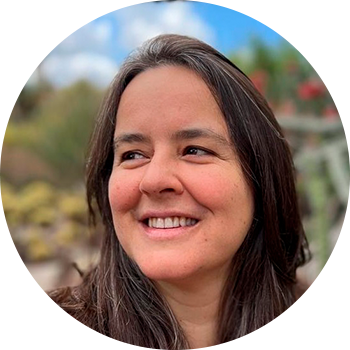
Dr. Beatriz Caiuby Labate (Bia Labate) is a queer Brazilian anthropologist based in San Francisco. She has a Ph.D. in social anthropology from the University of Campinas (UNICAMP), Brazil. Her main areas of interest are the study of plant medicines, drug policy, shamanism, ritual, religion, and social justice. She is Executive Director of the Chacruna Institute for Psychedelic Plant Medicines and serves as Public Education and Culture Specialist at the Multidisciplinary Association for Psychedelic Studies (MAPS). She is also Adjunct Faculty at the East-West Psychology Program at the California Institute of Integral Studies (CIIS) and Visiting Scholar at Naropa University’s Center for Psychedelic Studies. Additionally, she is Diversity and Inclusion Chair at Veterans of War, member of the Oregon Psilocybin Advisory Board’s Research Subcommittee, and Advisor at the Synthesis Institute and at InnerTrek. Dr. Labate is a co-founder of the Interdisciplinary Group for Psychoactive Studies (NEIP) in Brazil and editor of its site since. She is author, co-author, and co-editor of twenty-five books, two special-edition journals, and several peer-reviewed articles (https://bialabate.net).
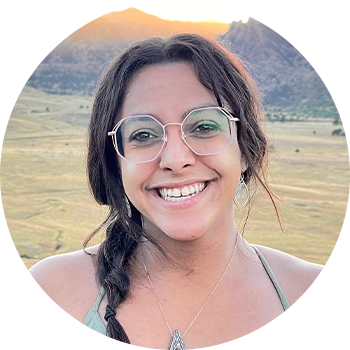
Jessica ‘Jaz’ Cadoch is a cultural and medical anthropologist who has been studying the psychedelic movement since 2016. Upon getting her Masters degree at McGill University, she focussed on building a bridge between the well-established 12-step recovery approach for substance use and the emerging movement around psychedelic-assisted therapy. With a particular interest in the marriage between conventional models of healing and psychedelic-assisted therapy, Jaz is concerned with ensuring that psychedelic practices are carefully and ethically integrated into modern Western society and culture. As the former Executive Director of the Montreal Psychedelic Society and volunteer in the San Francisco Psychedelic Society, Jaz is a long-time community and grassroots member of the psychedelic movement and is now directing the Global Psychedelic Society, a collection of leaders of psychedelic societies around the world. She is also the co-founder of ALKEMI, a consulting firm for psychedelic ethics & accountability and holds a seat on the steering committee for the Natural Medicine Health Act.
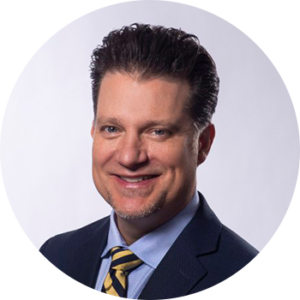
Sean T. McAllister is an attorney specializing in the intersection of regulatory and corporate law, and also is an experienced commercial litigator. He has been a leader in the emerging industries of cannabis, hemp, and psychedelic medicines. Sean is licensed to practice law in Colorado and California. His work in psychedelics has included: Advised clients on what is allowed in cities that have decriminalized psychedelics; Advised clients looking to obtain a religious exemption from criminal law for the use of psychedelics under the Religious Freedom Restoration Act; Seeking DEA licensure for companies to manufacture Schedule I drugs lawfully in the United States; Steering committee member on Colorado’s Natural Medicine Health Act; Executive Officer of the Denver Psilocybin Mushroom Policy Review Panel, 2020; Chair of the Board of Directors for the Chacruna Institute for Psychedelic Plant Medicines and member of Chacruna’s Council for the Protection of Sacred Plants.
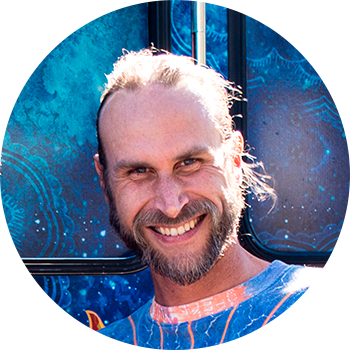
David Bronner was born in Los Angeles, California in 1973 and earned an undergraduate degree in biology from Harvard University. He is Cosmic Engagement Officer (CEO) of Dr. Bronner’s, the top-selling brand of natural soaps in North America and producer of a range of organic body care and food products. He is a grandson of company founder, Emanuel Bronner, and a fifth-generation soapmaker. Under David and his brother Michael’s leadership, the brand has grown from $5 million in 1998 to over $130 million in annual revenue in 2019. David and Michael established Dr. Bronner’s as a sustainable leader in the natural products industry by becoming one of the first body care brands to formulate with hemp seed oil in 1999 and to certify its soaps, lotions, balms, and other personal care products under the USDA National Organic Program in 2003. Both actions resulted in high-profile litigation with government agencies, DEA and USDA respectively, that Dr. Bronner’s ultimately won, cementing Dr. Bronner’s activist orientation in the natural products marketplace. Over the years, David and Dr. Bronner’s have been key leaders in fights for high-bar regenerative organic, animal welfare and fair trade standards, cannabis and psychedelic reform, and a fair minimum wage. His primary passion is the responsible integration of cannabis and psychedelic medicine into American and global culture and he is a board member of the Multi-Disciplinary Association of Psychedelic Studies. Dr. Bronner’s financially supports several organizations and efforts in this space, including both scientific research around the therapeutic potentials of psychedelics, and psychedelic law reform. David’s activism embodies the company’s mission — which encompasses a commitment to making socially and environmentally responsible products of the highest quality, and to dedicating profits to help make a better world.
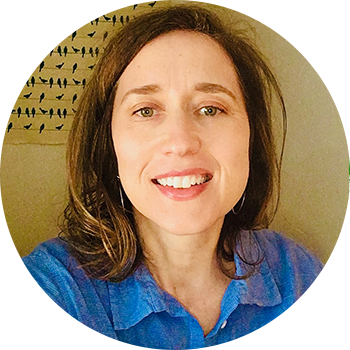
Jamie Beachy PhD, MDiv, is assistant faculty in Wisdom Traditions and co-director of Naropa University’s Center for Psychedelic Studies. Jamie is an ordained christian minister and buddhist practitioner committed to earth-based and contemplative approaches to professional spiritual care. After completing her clinical chaplaincy training at the University of Washington Medical Center, Jamie served as a chaplain, ACPE educator, and ethics consultant in hospice, palliative care, and trauma contexts in Washington and Colorado. Jamie is certified as a teacher of Cognitively-based Compassion Training through Emory University’s Center for Contemplative Science and Compassion Based Ethics, and currently serves as a therapist with the MAPS MDMA-assisted therapy study site in Boulder, Colorado. Jamie aspires to work with the plant elders to help heal the relationship between humans and the rest of the natural world.
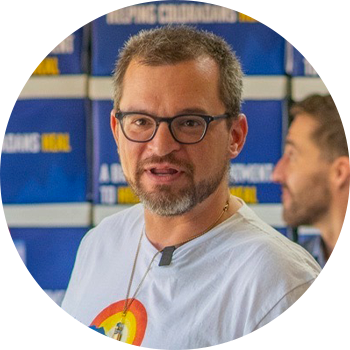
Kevin Matthews is a father, a Denver native, and leading advocate for liberating access to psychedelic plant and fungi medicine nationwide. He is a co-Designated Representative of the Natural Medicine Health Act of 2022, the Coalition Director for Natural Medicine Colorado, and currently serves as the President of the Denver Psilocybin Mushroom Policy Review Panel. He believes informed personal use and safe access to naturally occurring psychedelics is fundamental to creating a world where people can heal and tap into their fullest gifts and creative potential.
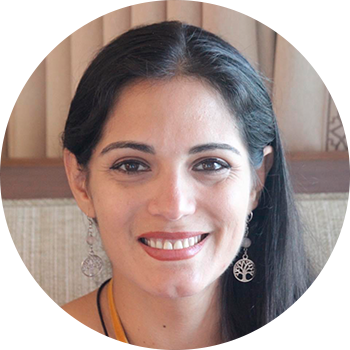
Veronica Lightning Horse Perez is Co/chief proponent of the Natural Medicine Healing Alliance of 2022 in Colorado. She believes awareness, equity and harm reduction in the psychedelic realm is paramount to our relationships with each other, our ability to heal individually and as a community and our shared relationship with our very wounded Mother Earth. She has served in a healing capacity most of her life but only fully stepped into that role for the past decade and is now Certified in 8 different healing modalities. She is called a Medicine Person. She is also an entrepreneur, wife, mother, sister, daughter, friend, activist and volunteer. Her mission is to serve in any capacity she is called to, in order to alleviate suffering and help people through their trauma back into their strength and power. She is of mixed Indigenous ancestry, and speaks for herself as a woman of color, not for Indigenous people or any BIPOC community.
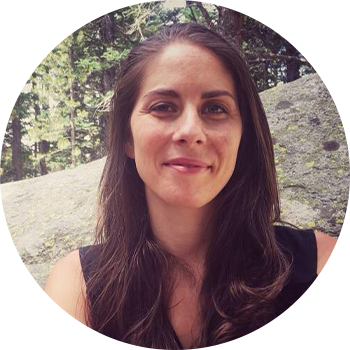
Sara Gael is a psychedelic therapist, harm reductionist, and teacher. Sara started working with MAPS in 2012, coordinating psychedelic harm reduction services at festivals and events worldwide with the Zendo Project and serving as the Director of Harm Reduction at MAPS from 2016-2020. She is a therapist for the MAPS clinical trials of MDMA-assisted psychotherapy for PTSD in Boulder. Sara is the Lead Instructor for the Integrative Psychiatry Institute Psychedelic Therapy Training. Sara serves on the board of directors at DanceSafe and as the Harm Reduction advocate on the city of Denver Psilocybin policy review panel. Sara believes that developing a comprehensive understanding of psychedelic medicines through research and education is essential for the health and well-being of individuals, communities, and the planet.
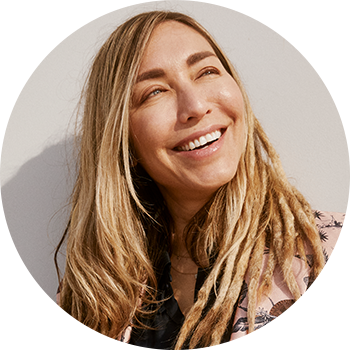
Ariel Clark is an attorney, activist, and the co-founder of Clark Howell LLP, a law firm focused on cannabis, hemp, and psychedelics. Ariel comes from a biracial lineage, Odawa Anishinaabe and mixed-European. Ariel walks the Red Road and sits deeply with a prayer that we may have systems that – instead of harming – heal and compliment the walk that brings us into deep interrelationship. Ariel is General Legal Counsel to Chacruna Institute for Psychedelic Plant Medicines, serves on its Board, and is a member of the Council for the Protection of Sacred Plants. Ariel is a founding Board Member of the Psychedelic Bar Association, serves as the Board Steward of PBA’s Religious Use Committee, as well as participates in both Corporate and the Legislation and Regulation Committees. Ariel’s other affiliations have included the International Cannabis Bar Association, California Native American Cannabis Association, California and National Cannabis Industry Associations, and California Growers Association.
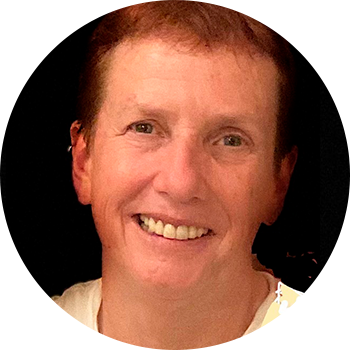
Clancy Cavnar has a doctorate in clinical psychology (Psy.D.) from John F. Kennedy University in Pleasant Hill, CA. She currently works in private practice in San Francisco, and is Co-Founder and a member of the Board of Directors of the Chacruna Institute for Psychedelic Plant Medicines. She is also a research associate of the Interdisciplinary Group for Psychoactive Studies (NEIP). She combines an eclectic array of interests and activities as clinical psychologist, artist, and researcher. She has a master of fine arts in painting from the San Francisco Art Institute, a master’s in counseling from San Francisco State University, and she completed the Certificate in Psychedelic-Assisted Therapy program at the California Institute of Integral Studies (CIIS). She is author and co-author of articles in several peer-reviewed journals and co-editor, with Beatriz Caiuby Labate, of eleven books. For more information see: http://www.drclancycavnar.com
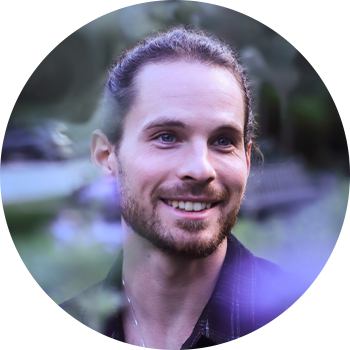
Joseph Mays, MSc, received his Master’s in Ethnobotany from the University of Kent upon researching responses to globalization by indigenous Yanesha of central Peru. After graduating with biology and anthropology degrees from Virginia Commonwealth University, he conducted an ethnobotanical survey in the Ecuadorian cloud forest and published a medicinal plant guide for the Jama-Coaque Ecological Reserve. His conservation work emphasizes how cultural-conditioning influences approaches to biocultural sustainability, and the importance of ground-up structures that emphasize local agency and challenge conventional philanthropic models in attempts to support Indigenous autonomy and biodiversity. Joseph is Program Director of Chacruna’s Indigenous Reciprocity Initiative of the Americas (IRI), where he conducts research and builds connections with Indigenous communities throughout the Americas to support Chacruna’s mission of increasing cultural reciprocity in the psychedelic space. Joseph’s activities as IRI Program Director include raising unconditional funding for 20 Indigenous community organizations with strict adherence to the parameters determined by its partners, presenting at conferences and universities and publishing articles that explore reciprocity, biocultural conservation, plant medicines and Indigenous rights, and engaging with Indigenous and local stakeholders on their own terms to provide on-the-ground support and ethnographic and audiovisual materials.
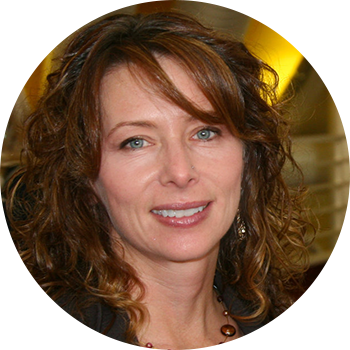
Martha J. Hartney is a private practice attorney in Colorado. She has a J.D. from the University of Denver College of Law. Her firm, Hartney Law, is a Boulder favorite, receiving the “Best of the West/Law Firm” award six years in a row. She was named a SuperLawyers Rising Star in 2020 and has published and presented on the art and science of death and dying for more than a decade. Martha is a certified death doula and the first attorney to be admitted to and graduate from the CIIS Certificate in Psychedelic Therapies and Research program. Martha is also a mediator and has served as a guardian ad litem. She found plant medicines later in life—becoming a drug policy reform advocate after experiencing profound spiritual healing through our plant teachers. She champions the religious use of ayahuasca; and advocates for excellent standards of care, best practices, integration work, and weaving of modern trauma science with the powerful indigenous practices being stewarded into the western world. Martha lives with her partner and has two grown sons. She is a member of Chacruna’s Council for the Protection of Sacred Plants and the first steward of the Religious Use Subcommittee of the Psychedelic Bar Association.
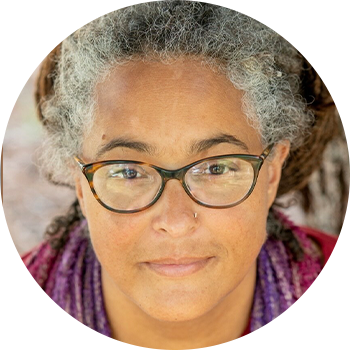
Emily Boeschenstein, MA, grew up a young black female, in the tumultuous world of Grand Junction, CO. This landscape provided access for understanding trauma at an early age and a desire to find the key to deep healing. Emily’s 22 year career in teaching preschool and special education fueled this desire even more. Gaining her masters degree in art therapy in 2016 and later certifications in Trauma Dynamics, 2019, The Center for Medicinal Mindfulness Psychedelic Sitters School, 2021, and MAPS MDMA training 2022, has allowed the door to open and the healing mechanisms to blossom within her. Medicine work was blueprinted in her soul and it has become a deeply fulfilling, humbling, life path to walk amidst the hot coals of trauma with her clients.
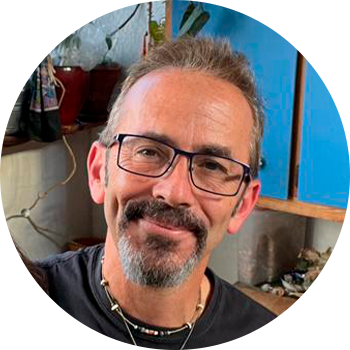
Bob Otis has over 35 years of direct experience with family, traditional and Western teachers who guide his work with entheogenic sacraments. Bob holds a Master’s in Divinity (University Chicago) and is an ordained Pastor and Chief Garden Steward for Sacred Garden Community. He was founding Chairperson for Decriminalize Nature Oakland and is a co-founder of Chacruna’s Sacred Plant Alliance. He is an invited Advisory Committee member to Oregon’s PMHA, California’s SB519, and Colorado’s NMHA decriminalization / legalization policy initiatives.
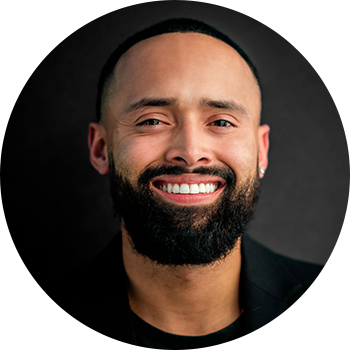
Devon Phillips helps lead creative strategy for MAPS. There he serves to help bridge communities by cultivating strategies that highlight different cultural touch points. Before joining MAPS, Devon founded a virtual reality software company that was acquired in 2018.
Premium Sponsor
Gold Sponsor
Silver Sponsors
Bronze Sponsors
Community Partner
Do you love Chacruna? Want free entry to events, access to our online member community and exclusive events, free merchandise, and much more! Become a member!
Disclaimer: Chacruna is not endorsing sponsors regarding their mission or activities. Sponsorship does not include any decision-making influence on the content of any Chacruna event or publication, or any decision-making authority regarding Chacruna policies or actions. Every individual can and should make their own determination on the credibility or value of each sponsor and we solicit your respectful feedback regarding any concerns. The inclusion of links to other sites does not necessarily imply a recommendation or endorsement of the views expressed within them. Although legal issues will be discussed at the conference neither Chacruna nor any of the speakers are providing legal advice to participants. All conference presentations and materials are educational in nature. Chacruna does not advocate any entity violate state, federal, or local laws.
Take a minute to browse our stock:
Did you enjoy reading this article?
Please support Chacruna's work by donating to us. We are an independent organization and we offer free education and advocacy for psychedelic plant medicines. We are a team of dedicated volunteers!
Can you help Chacruna advance cultural understanding around these substances?


